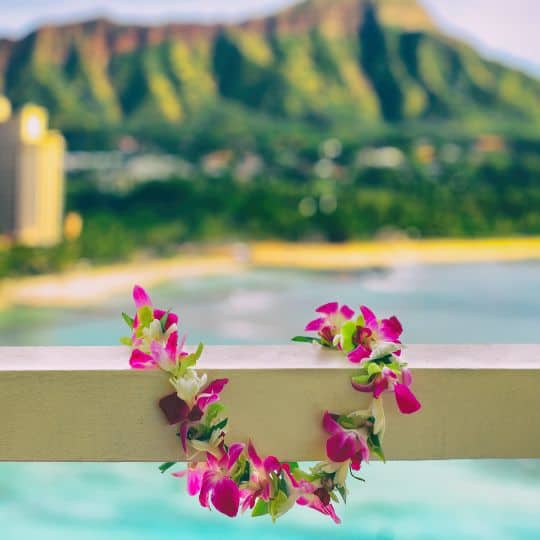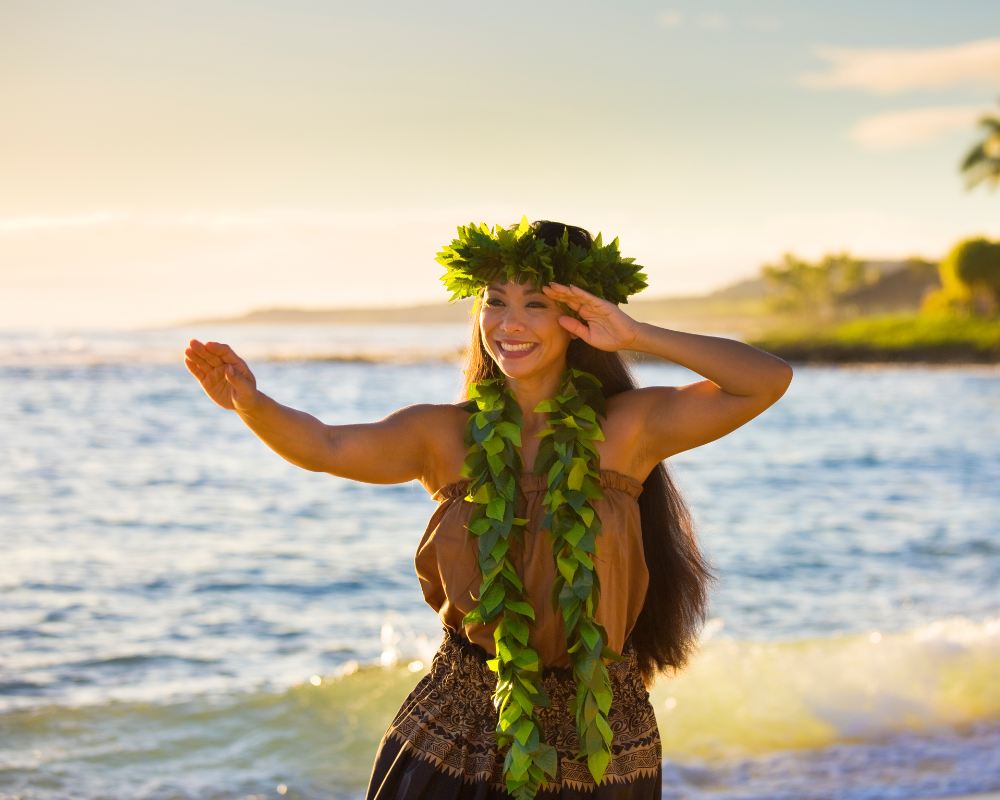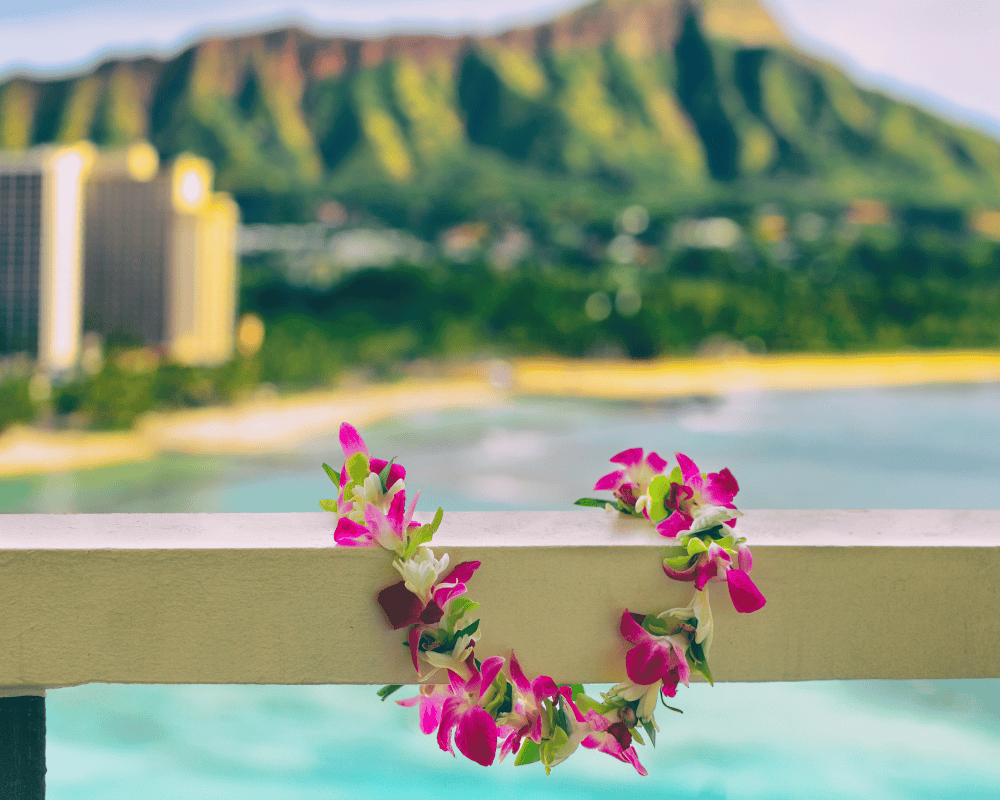
The History and Significance of Common Hawaiian Last Names
Table of Contents
When it comes to Hawaiian names, many of them have a deep spiritual meaning. These monikers reflect the importance of family in Hawaii and often reflect nature itself.
Some are also derived from Hawaiian royalty, like the name Kalakaua, a Hawaiian king. Geographical features inspire others.
Origins

Common Hawaiian last names typically refer to a person’s heritage and family history. They also have spiritual meanings that protect and bless the bearer. The most popular Hawaiian last names include Kahoa, Kula, and Wailani.
Traditionally, Hawaiians had two names—a given name and a family name. The given name was often a Hawaiian word or name that meant something beautiful, while the family name came from their father’s lineage. When Western influence began in Hawaii, the given name was replaced with a Christian first name, and the family name became the middle name.
Today, many parents give their children Hawaiian names. However, long Hawaiian names may be difficult for some to pronounce. Luckily, Hawaii has kept meticulous birth, health, and death records to make it easy for people to find their Hawaiian roots and connect with their family history.
For example, the Hawaiian name Urima is derived from the words “uri” and “ma.” The former means fruit or the fruit of the tree, while the latter refers to the sky or heavens. Another Hawaiian name, Wailani, combines the words “wai,” which means water, and “lani,” which refers to the ocean or the sky. It is a beautiful name that honors the beauty of the ocean and the sky.
Meanings
Hawaiian last names often have a meaning or a symbolic association with the family, culture, and surroundings. These last names also represent a family’s origin and history.
Before Western colonization, Hawaiians didn’t have surnames and were instead identified by a given name and a family lineage. When a new child was born, the name would be revealed to them in a dream or vision, and it was often inspired by nature, a mythological character, or the family’s lineage.
During the 19th century, it was common for families to choose a spiritual meaning for their children’s first and last names. This tradition has waned in the past century, but some names are still common among the Hawaiian community. Those with a positive meaning were considered to be good luck, while those with repulsive ones, like Pupuka (“ugly”) or Piilau (foul-smelling), were thought to bring misfortune.
Many of these names also have a unisex meaning. Names that end with -lani (heaven), -o-ka-lani, or -a-la-lani were usually reserved for boys, while those that ended in -Kai (heart) or -o-kai were typically used for girls.
Examples of common Hawaiian names include Kahua (“the gourd”), Keanu (“cool breeze off the mountain”), and Moana (“The ocean”). You may also be familiar with Hawaiian celebrities with these names, including actor Tor Kamakawiwoole and singer Doogie Howser, M.D.
Symbolism

Before Western colonization, Hawaiian names were gender-neutral and often had hidden symbolic meanings known only to the family. These symbolisms were meant to protect the person from harm and bad luck. For example, a name that resembled a snake or spider was thought to repel evil spirits. Similarly, names reminiscent of the sea or the sky were believed to bring good fortune.
Many of these symbols can be found in modern Hawaiian last names. Lilo is a common name that means a generous and loving person. The movie “Lilo and Stitch” made this a popular choice for girls. Other options include the last name Laia, which means soft-spoken. This is a great choice for children who are gentle and kind-hearted.
Similarly, Kana is a boy’s name that translates to ocean. It also has the meaning of power. Kana is a popular choice for people who are drawn to the ocean. Other common names symbolic of Hawaii include Keikilani and Kamalani, which mean child and flower bud, respectively. These names are a great way to honor a loved one and give your child a connection to the island culture.
Popularity
Many Hawaiian names are popular not just among Hawaiian families but also among other residents of Hawaii and people in the United States. For example, the unisex name Kai is derived from the sea and is one of the most common Hawaiian boy’s names. The girl’s name, Anela, means angel, and the similar-sounding girl’s name, Lani (also known as Lanea), is derived from the sky. Another popular Hawaiian name is Keanu, which derives from the cool breeze and has become popular because of the actor Keanu Reeves.
The Hawaiian surname Kapono is derived from the words “ka” and “pono,” meaning good and proper. This is a great name to reflect your child’s character and values. Namesakes include the Hawaiian musician and duo Cecilio & Kapono and the American basketball player Jason Kapono of the Miami Heat.
Other popular Hawaiian last names include Kamealoha, which translates to the loving and affectionate one. The popular TV show Doogie Howser used this name as a main character, but an ancient and noble Japanese family also shares the name. Kamekalani, which translates to the wreath of the sky, is the name of the last ruler and only queen of the Kingdom of Hawaii. Kamaka, which translates to the eye or the bud, is the name of a small bushy tree native to Hawaii.



